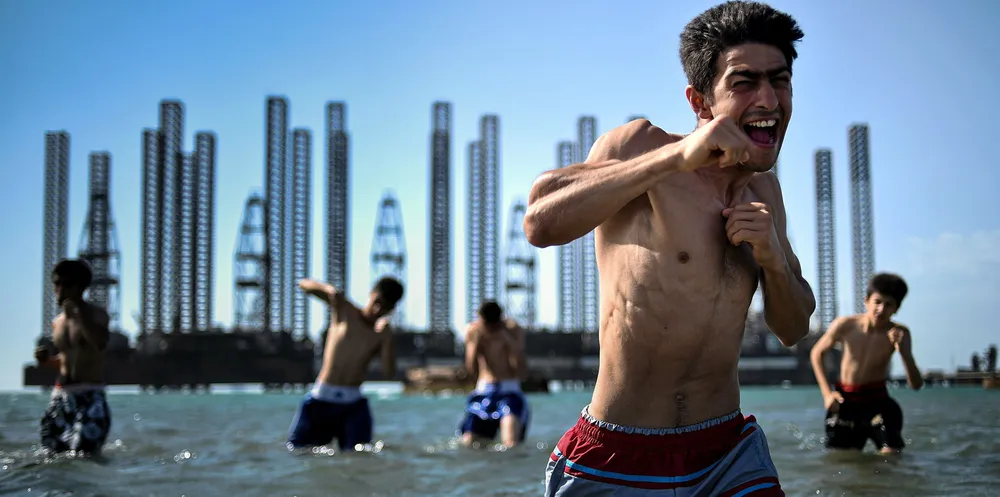'Right long-term vision' could see Azerbaijan swing from oil to offshore wind: World Bank
First-ever 'roadmap' for Caspian Sea nation says the 7GW of sea-based plant that could be operating by 2040 hinges on infrastructure development, investment and progressive government policies
